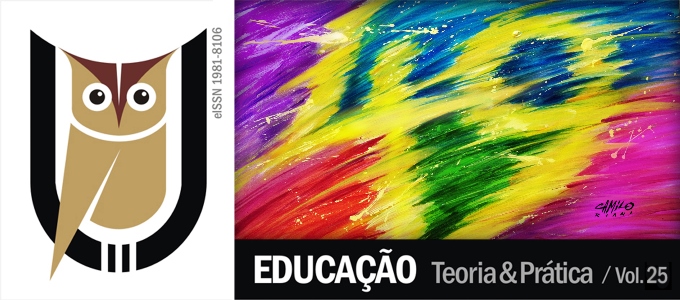Thoughts on Rural Education in Pedagogical Perspective of Indignation
DOI:
https://doi.org/10.18675/1981-8106.vol25.n49.p312-325Keywords:
Education, Society, Teaching practice.Abstract
The right to education has been considered passport to citizens autonomy and human dignity, as well as sine qua non condition to the possibility of development and economic growth and social equity as a nation. A specific category of these citizens, however, has been denied this right to a quality education consistent with their socioeconomic and cultural reality . Such right has been expressed by the claims of popular movements of urban and rural areas. The classes and especially the peasants announce their indignation, demanding a particular look by the public authorities to their lack of education or acting with proposals as alternative projects in order to get a proper education to their goals . Then, the need for public policies to meet such claims are vital, but they should pay attention to the training and teaching practice of transformative mediator agents of education, the teachers. Building resumes and basic infrastructure will also be required to give conditions for offering appropriate education according to the reality of these people who have not yet been full-fledged citizens in society.Downloads
Additional Files
Published
How to Cite
Issue
Section
License
Authors who publish in this journal agree to the following terms:
a) Authors assign copyright to the journal, with the work simultaneously licensed under the Creative Commons Attribution License that allows sharing of the work with acknowledgment of authorship and publication in this journal.
b) The policy adopted by the Editorial Committee is to assign copyright only after a period of 30 months from the date of publication of the article. After this time, authors interested in publishing the same text in another work must send a letter to the Editorial Committee requesting the release of the assignment of copyright and wait for a response.
c) This journal provides public access to all its content, since this allows greater visibility and reach of published articles and reviews. For more information on this approach, visit the Public Knowledge Project, a project that developed this system to improve the academic and public quality of research, by distributing OJS as well as other software to support the public access publication system to academic sources. The names and email addresses on this website will be used exclusively for the purposes of the journal and will not be available for other purposes. This journal provides open any other party  This work is licensed under a Creative Commons License
This work is licensed under a Creative Commons License











